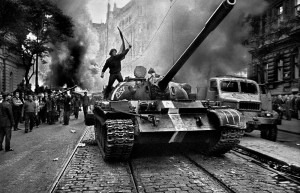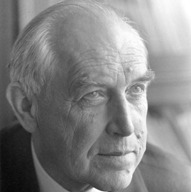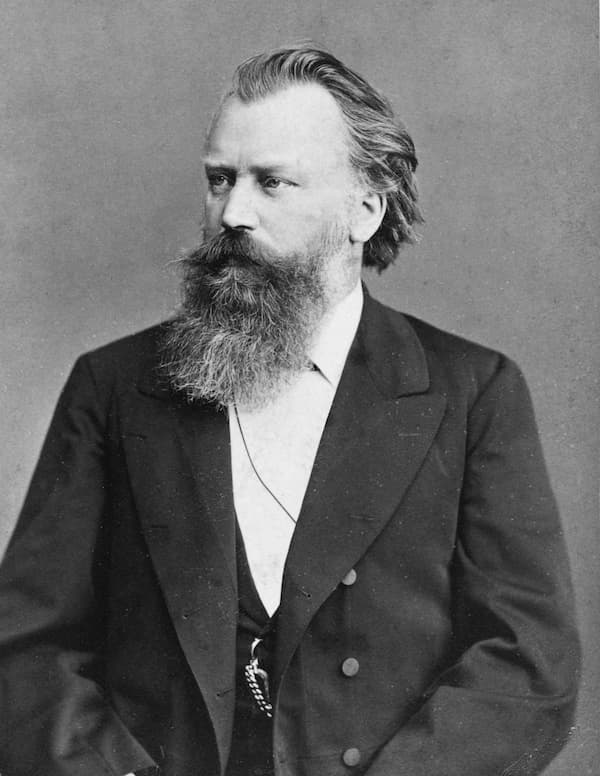
1968 Prague Spring
Prague had already experienced a national awakening during May 1945. In 1938, Adolf Hitler occupied and annexed the Sudetenland—the border districts of Bohemia, Moravia and Silesia with a German-speaking majority—and by March 1939 all of Czechoslovakia was under control by Nazi Germany. German occupation was a period of brutal oppression, causing an estimated 136,000 deaths. The Jewish population had been virtually annihilated, and several hundred thousand Czech laborers were scattered throughout the Reich. On 9 May 1945, the Soviet Red Army marched into Prague and liberated Czechoslovakia. However, that spring was also short-lived as the Communist Party of Czechoslovakia won the parliamentary elections in 1946, and the Communists seized power in 1948.

Jan Hanuš
Jan Hanuš: Magnificat
Although his initial compositions date from 1936, he first gained public recognition for a 1939 performance of his Meditace for piano. During the years of German occupation he composed a number of works with overtly anti-Fascist tones, including the cantata The Land Speaks in response to the execution of a number of Czech students. German censors rejected his Stabat Mater, but Hanuš celebrated the liberation in 1945 with his Hymn of Praise for soprano and orchestra. Over the next 2 decades a number of important symphonies, ballets and operas started to emerge, but following the “Prague Spring” of 1968 Hanuš was silenced by his government. Fiercely anti-Communist and devoutly religious, Hanuš barely escaped political persecution. Untamed and never silenced, Hanuš nevertheless actively pledged loyalty to his friends, and in 1965 he was made an “Artist of Merit,” and a “National Artist” in 1988. Following the velvet revolution, however, Hanuš returned all honors bestowed on him by the Communist regime. After 1989 he became a member of the Artistic Board of the “Prague Spring Festival” and on Czech National Day in 1999, Hanuš received the country’s highest award for artists from president Václav Havel. His symphonic allegro A Relay Race, Op. 63 was written in 1968 and dedicated “To the Czech Radio announcers and technicians in May of 1945 and August of 1968.” We are forever grateful that the Prague Spring Music Festival 2015 pays homage to a dedicated and devoted artist whose voice can never be silenced.
Official Website
Prague Spring 70th International Music Festival
Prague Symphony Orchestra: Pietari Inkinen will perform A Relay Race by Jan Hanuš on 21 May 2015

